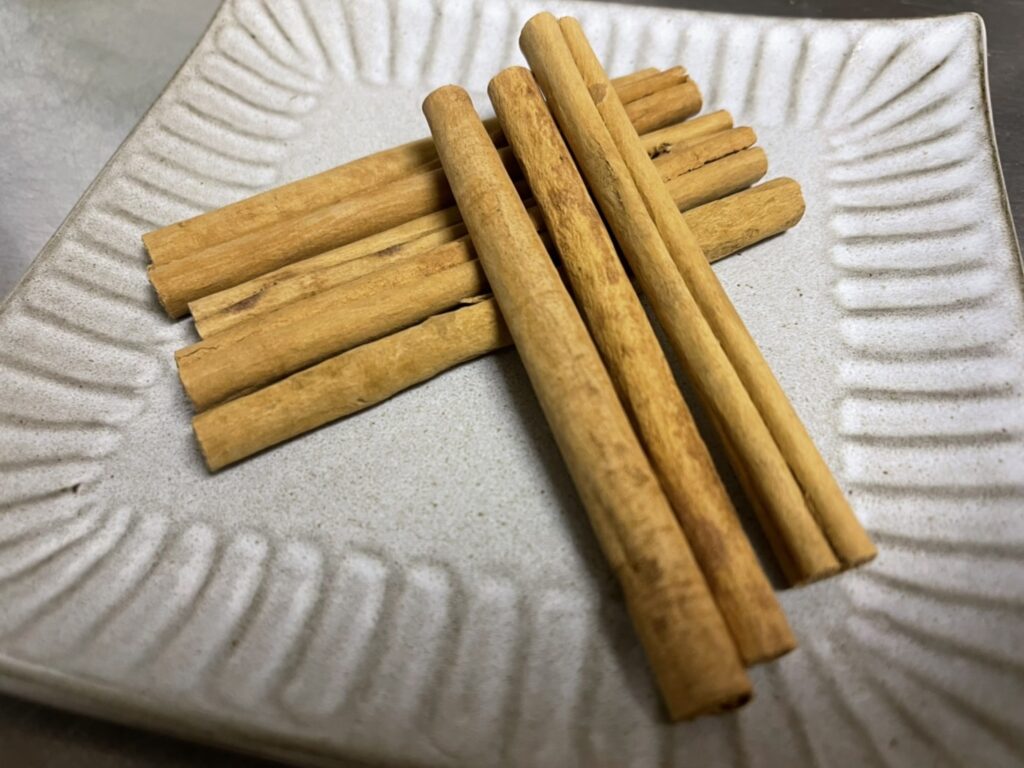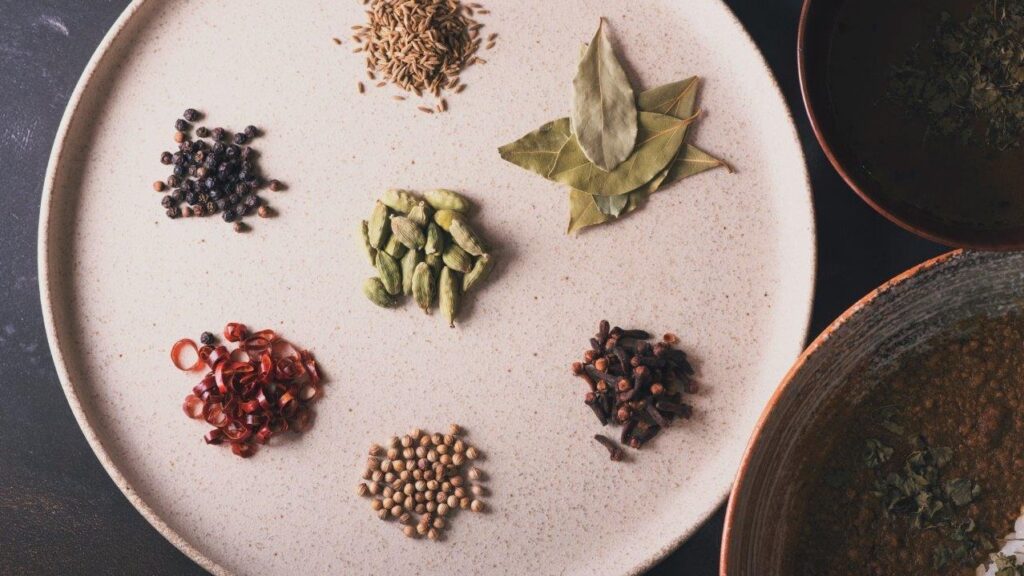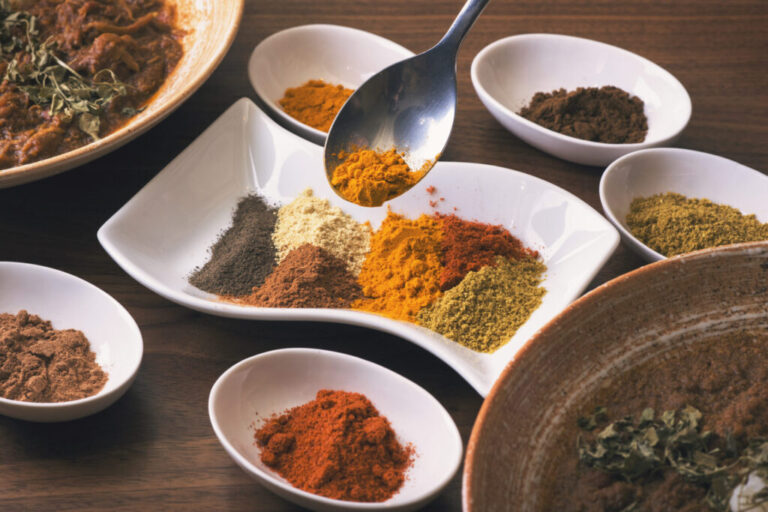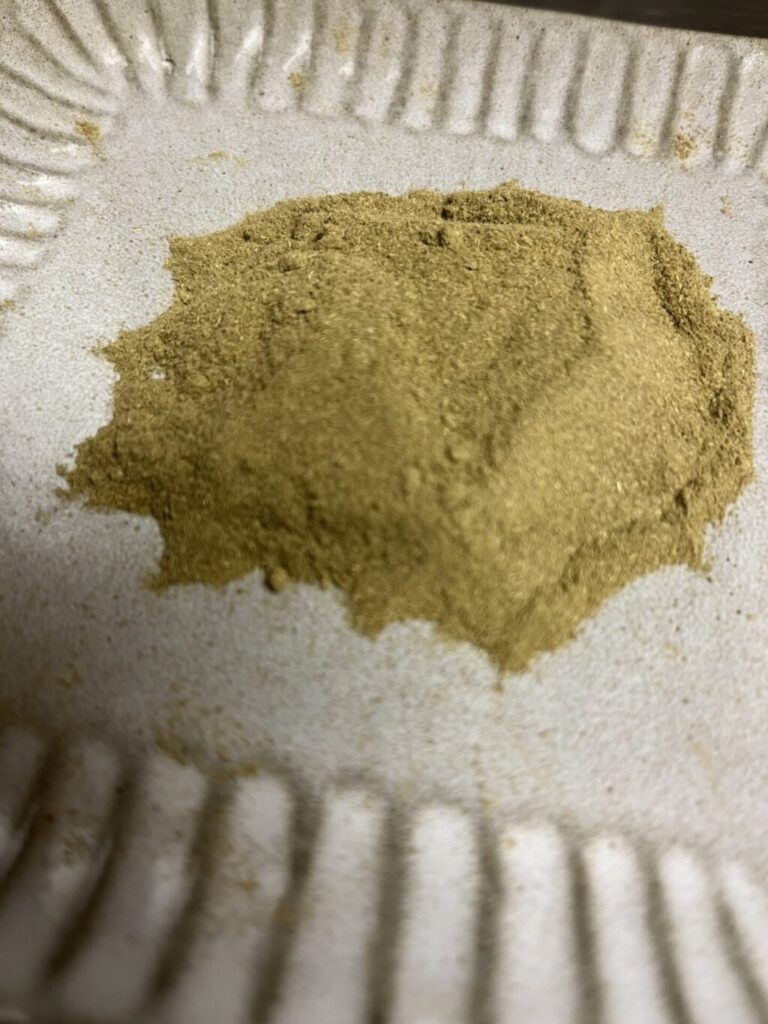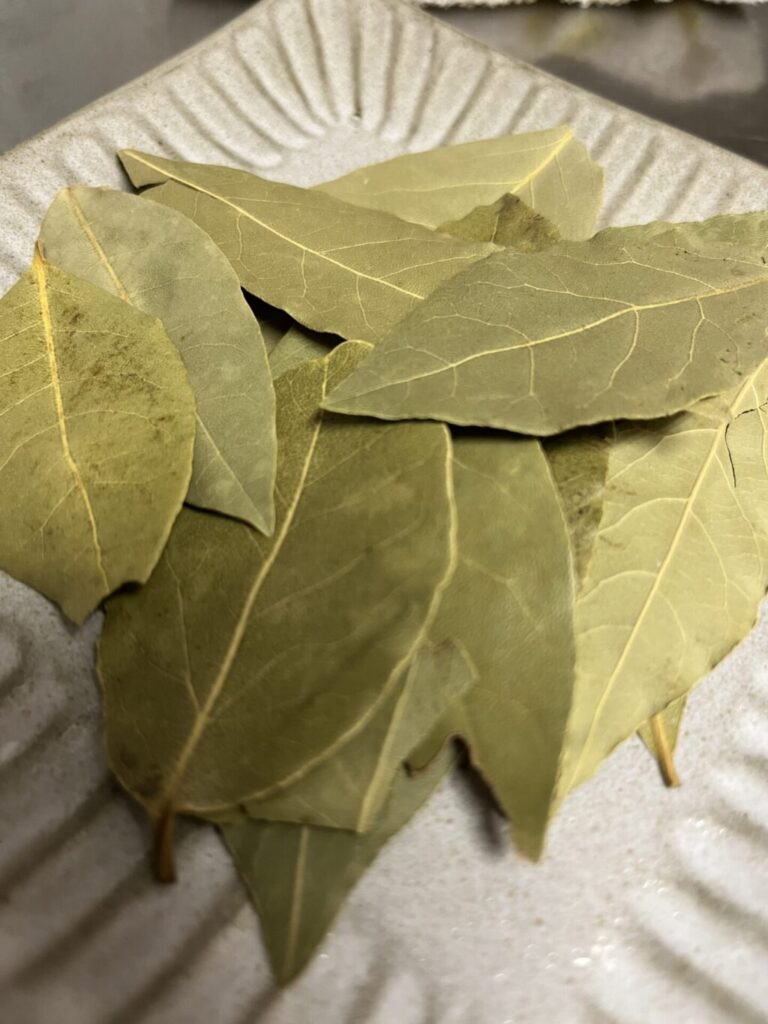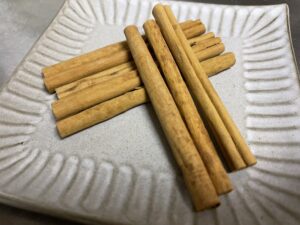 Cinnamon has a pleasant sweetness and a strong, woody aroma.
Cinnamon has a pleasant sweetness and a strong, woody aroma.
During the rainy season, trees that have not yet sprouted are selected and young branches are cut from the base and the bark is peeled as thin as paper.
The bark is then rolled by hand and dried.
History of Cinnamon
In this issue, we introduce cinnamon, the last of the world’s four major spices.
There are Ceylon, Cassia, Nikki, and other similar spices, but only Ceylon cinnamon, which is native to Sri Lanka, can be considered strictly real cinnamon.
It has been used in Egypt since around 3000 B.C. to preserve mummies.
It was also traded by the ancient Romans as being more valuable than gold.
Later, during the Age of Exploration, conflicts broke out in various regions over the precious spice.
For 200 years, the Portuguese, then the Dutch, and finally the English monopolized the island’s cinnamon, which was highly profitable. Around the 18th century, it was also cultivated in Java and India, and no country could monopolize its sale. Even today, Ceylon cinnamon from Sri Lanka is sold as a luxury product.
Medicinal Effects of Cinnamon
Cinnamon has numerous medicinal properties, and we would like to introduce some of them.
(1) Antioxidant action
Proanthocyanidins in cinnamon are said to be the most potent antioxidants among polyphenols. In a comparison experiment with other spices such as cloves, cinnamon showed the highest antioxidant effect.
It is expected to be effective in preventing lifestyle-related diseases such as diabetes.
(2) Anti-inflammatory effect
Inflammation is an important part of the immune response, but if the inflammatory state continues for a long time, it becomes chronic inflammation, which can cause various diseases.
Cinnamon contains many flavonoids that have the effect of suppressing inflammatory reactions, and it has been pointed out that cinnamon may be used as a natural anti-inflammatory agent.
(3) Effect on improving blood sugar and cholesterol levels
Cinnamon is known to lower blood sugar levels.
Research has also shown that it is expected to have an effect on diabetes.
Cinnamon also has the effect of lowering LDL cholesterol levels while leaving HDL cholesterol untouched.
As you can see, there are many herbal benefits of cinnamon that are noteworthy, but some of you may be concerned about side effects. Cinnamon contains a chemical called coumarin, which is said to affect liver function if consumed in large quantities.
However, unlike cassia, Ceylon contains only trace amounts, so there seems to be no need to worry about health hazards for normal use.
How to cook and store cinnamon, etc.
Its delicate aroma is a perfect accompaniment to all kinds of desserts, spiced breads, etc. It also goes well with chocolate and fruits. Apple pie is a typical example.
In the Middle East, it is also used in meat and vegetable dishes, and is a staple in lamb stews. In India, it is found in many masalas and spice mixtures.
Ground cinnamon can be purchased in many places, but be sure to buy it in small quantities, as the aroma is easily lost.
Sticks can be obtained at specialty stores, and if stored in an airtight container, the aroma can be maintained for 2-3 years.
Finally
How did you like “Cinnamon,” the last one in the series of the world’s four major spices introduced this time? Currently, cinnamon is distributed as “Cinnamomum chinense”, which is produced in China and other countries, and “Nikki”, which is made from Japanese Nikki. There are many similarities between them, but there is a definite difference in the ingredients of cinnamon.
Eugenol, a unique aromatic component, is found only in Ceylon cinnamon. Each has its own merits, but if you want to experience the real aroma and flavor, try Ceylon cinnamon.
In the next issue, we will introduce ginger, which is also familiar on Japanese tables. Please look forward to it.



